F31CA281345 (Ontiveros) 08/03/2023-08/03/2027
$168,576
We study tumor-intrinsic PDL1 signals in early carcinogenesis and progression using a novel autochthonous murine model in which mice develop NrasQ61R-mutant melanomas accelerated by UVB exposure that lack PDL1 in the tumor cell-of-origin from initiation, definitively distinguishing biologic PDL1 signals versus compensatory mechanisms that could confound prior genetic PDL1KO studies. Our work defining tumor-intrinsic PDL1 signals in early carcinogenesis and their contribution to tumor progression and the tumor microenvironment provides insights into novel targetable ways in which PDL1 suppresses antitumor immunity. Our data can help improve melanoma treatments or response biomarkers.
R01 CA252057 (Svatek) 07/01/2020-06/30/2025
$342,930
eRapa for bladder cancer prevention. We propose investigating eRapa for secondary cancer prevention in patients with newly diagnosed non-muscle invasive bladder cancer. Aim 1 conducts a phase II double-blind randomized controlled trial of long-term (one year) prevention with eRapa versus placebo. Aim 2 tests the hypothesis that eRapa improves immune function in patients with BC by examining the effects of eRapa on circulating immune cells, including memory T cell differentiation, and tumor-specific immunity.
R01CA246707 (Li) 05/05/2020-04/30/2025
$303,537
Boosting Antitumor Immunity by Blocking Both Tumor and Adipose DDR1. Efficacy of current immunotherapies in breast cancer is modest. Furthermore, how tissue-specific antitumor immunity is regulated in breast cancer remains unclear. By combining mouse genetics, clinical samples, and cutting-edge technologies, this project will explore a previously unappreciated mechanism by which tumor cells influence antitumor immunity and clinical response to immunotherapy.
R01CA268641 (Curiel; Zhao) 09/01/2022-08/31/2027
$646,659
Bladder cancer PD-L1 control of homologous recombination: Basic mechanisms applied to novel treatments. Our overarching hypothesis is that bladder cancer PD-L1 signals promote the homologous recombination DDR pathway that suppresses PARP inhibitor and immune checkpoint blockade immunotherapy efficacy. Aim 1: Define mechanisms for PD-L1-mediated control of HR. Aim 2: Define treatment consequences of PD-L1 controlled homologous recombination/BRCA1 effects.
Private Funding
Bladder Cancer Advocacy Network 961768 (Curiel) 08/01/2022-07/31/2024
Rationally engineered IL2 for enhanced treatment of local and metastatic BC. Project Goals: 1. Develop improved IL2-directed therapy for bladder cancer. Specific Aims: 1. Test effector function developed from distinct IL2 constructs in bladder cancer models. 2. Test memory function developed from distinct IL2 constructs in bladder cancer models. 3.Develop novel IL2 constructs with enhanced memory generation

